Islam is a monotheistic religion that is based on the teachings of the Prophet Muhammad, who Muslims believe was the last messenger of God. The central belief in Islam is the oneness of God, and Muslims strive to submit to His will.
Islam is guided by the Qur’an, which Muslims believe is the word of God as revealed to Muhammad. The religion emphasizes the importance of worshiping God, practicing kindness, justice, and compassion, and maintaining strong bonds with fellow human beings.
Muslims have five core practices known as the Five Pillars of Islam: the declaration of faith, performing daily prayers, giving to charity, fasting during Ramadan, and making a pilgrimage to the holy city of Mecca which can be learned about in depth below.
أَشْهَدُ أَنْ لَا إِلَٰهَ إِلَّا ٱللَّٰهُ وَأَشْهَدُ أَنَّ مُحَمَّدًا رَسُولُ ٱللَّٰهِ
“Ashadu an la ilaha illa illa-ilah, wa ashadu anna muhammadan rasul ullah.”
“There is: no God but God (Allah – i.e. there is none worthy of worship but Allah), and Muhammad is the Messenger of Allah.”
The belief in one Allah is the central tenet of the Islamic faith, around which every other thing revolves. Muslims are continuously reminded of this foundational belief in the recital of the Shahadah during each of the five daily prayers and many more pivotal moments of a Muslim’s life.
The second part of the Shahadah requires Muslims to acknowledge and testify to the belief in Prophet Muhammad (PBUH) as Allah’s messenger. This serves as a reminder of the importance of the Prophet Muhammad (PBUH) to Muslims and to never associate partners with Allah, for He, Prophet Muhammad (PBUH), is a messenger, and Allah remains the one true God.
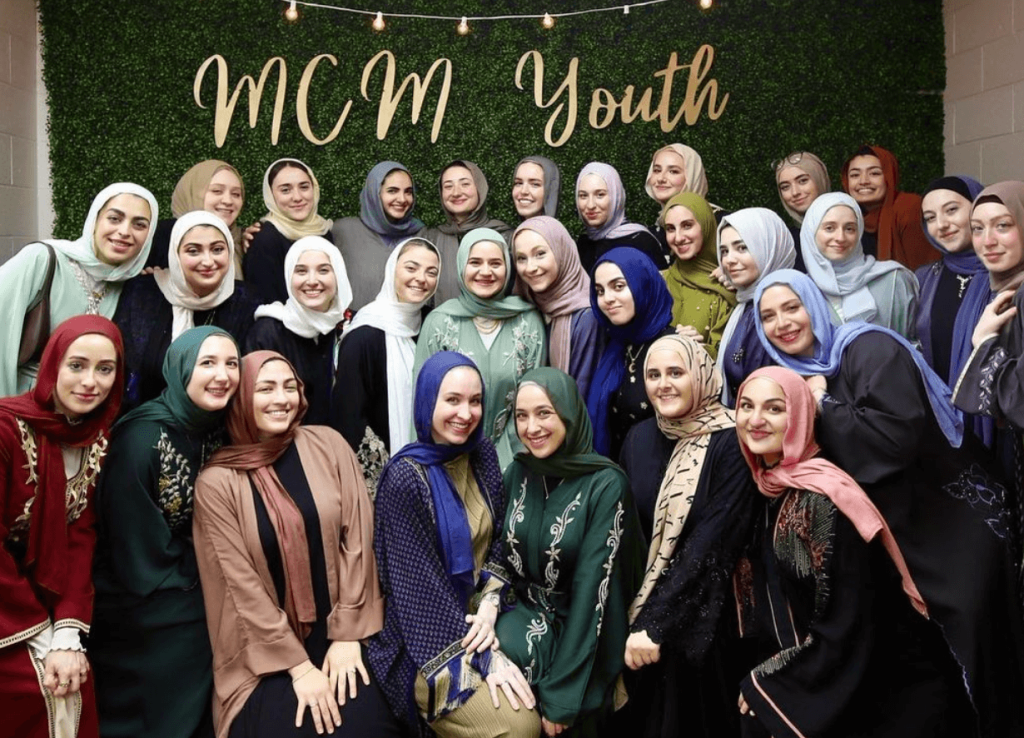
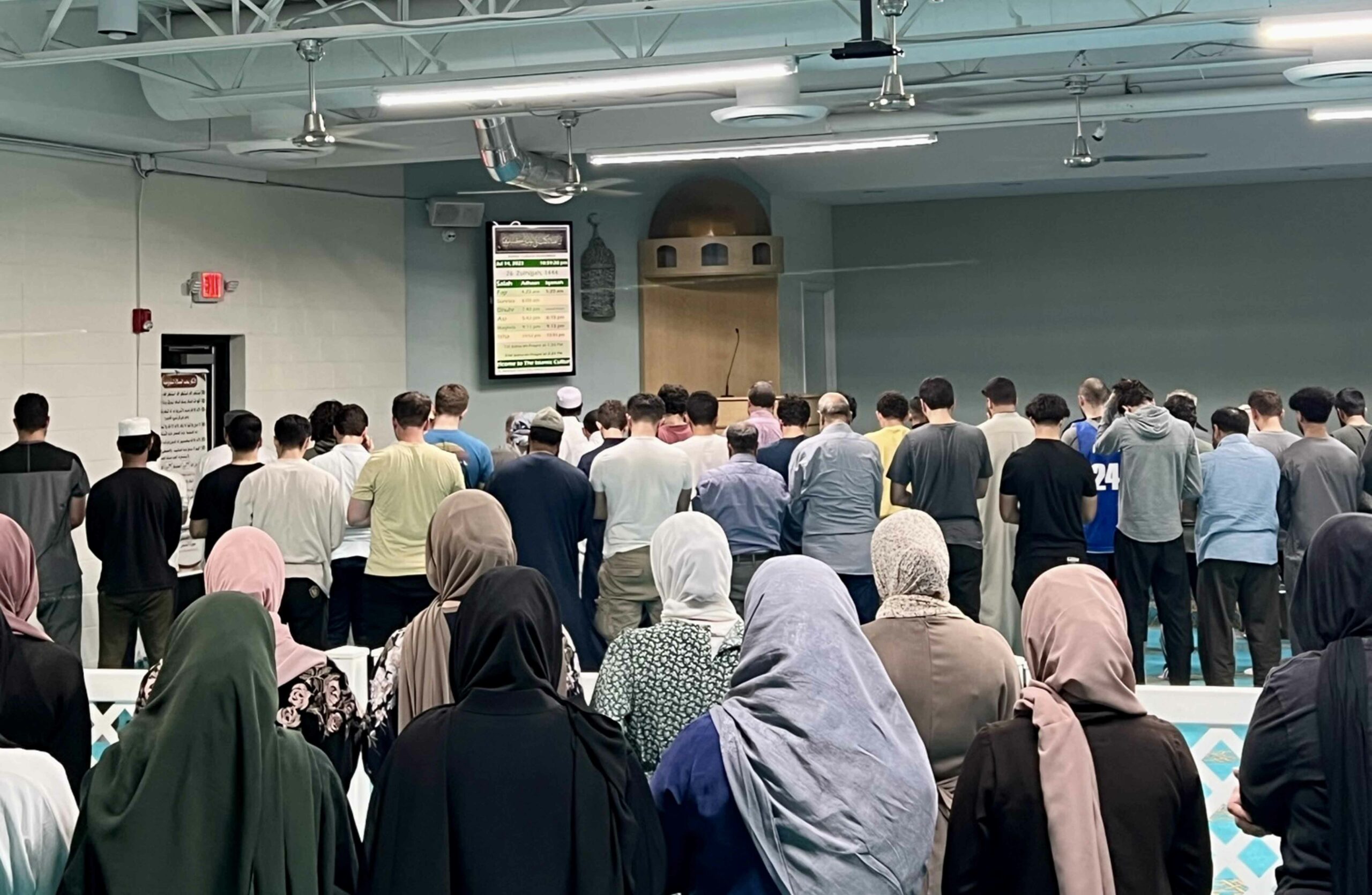
Prayer is one of the fundamental requirements of the Islamic faith. Followers of Islam believe in maintaining a direct connection with Allah (SWT) through these acts of daily worship. Muslims pray five times a day, facing the Kaaba in Mecca: Fajr (sunrise prayer), Dhuhr (noon prayer), Asr (afternoon prayer), Maghrib (sunset prayer), and Isha’ (night prayer). Each prayer has a specific window of time a Muslim must complete; these timings are based on the sun. For this reason, the timings of each prayer window change (marginally and gradually) each day and are different at various times of the year. The end timings of each prayer are marked by the beginning of the following prayer; however, the ending of the sunrise prayer is marked by Shurooq, or sunrise. We offer every daily prayer at the masjid, all timings can be found on our website.
With the word’s literal meaning being ‘to cleanse,’ Muslims believe that paying zakat purifies, increases, and blesses the remainder of their wealth. Zakat is also a spiritual connection to one’s maker—to purify our wealth for the will of Allah is to acknowledge that everything we own belongs to Him. It is for Him that we strive to end poverty and help our brothers and sisters. According to the Hanafi madhab, zakat is 2.5% of the wealth in one’s possession for a lunar year. No zakat is payable if wealth amounts to less than a threshold figure, termed the “nisab”. If wealth amounts to more than the nisab, zakat becomes obligatory.
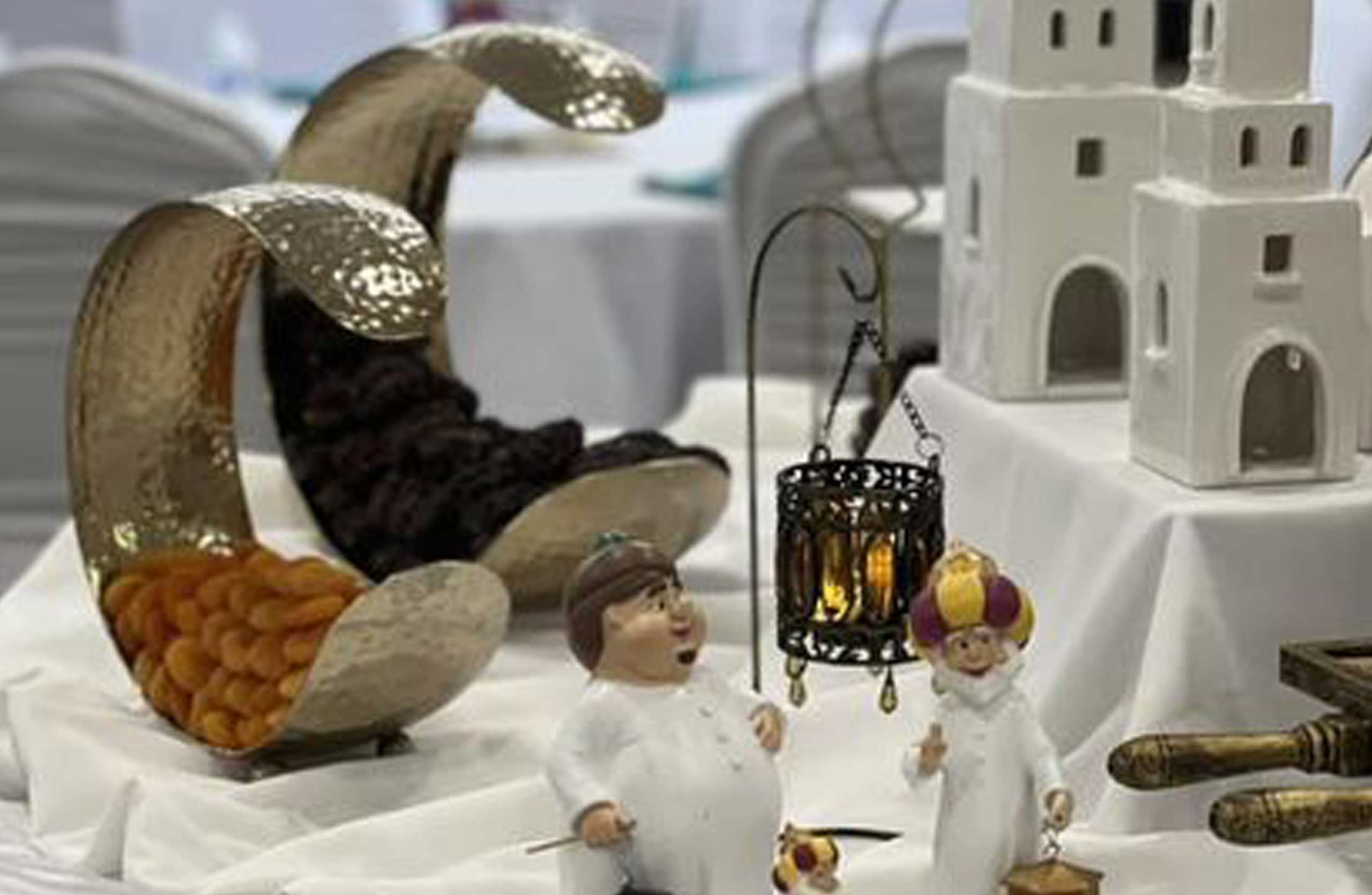
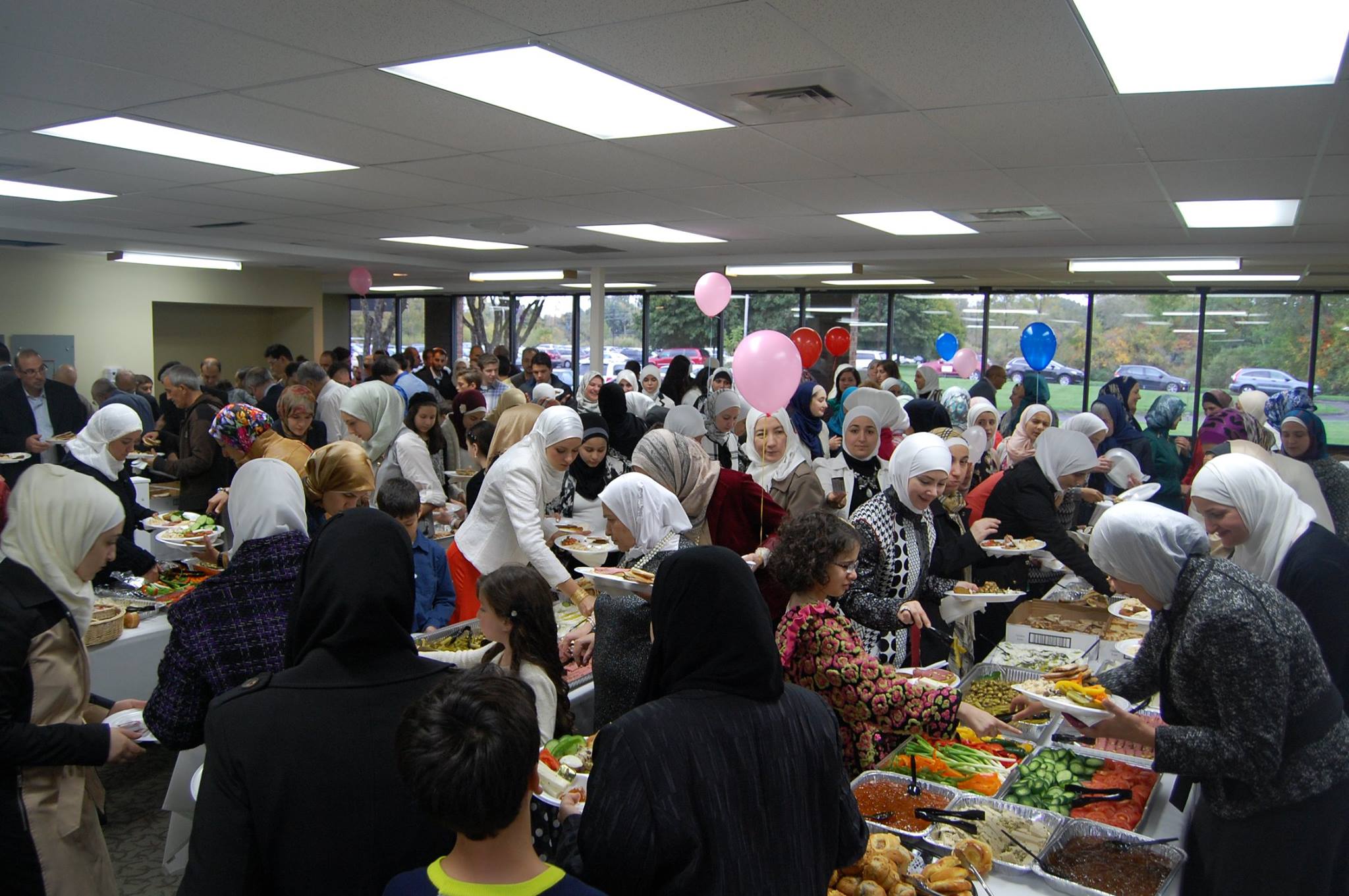
All healthy adult Muslims must abstain from food and drink from sunrise to sunset during Ramadan, the ninth month of the Islamic calendar and the month of the Qur’an. The fasting of the month of Ramadan leads man to constantly fight against his weaknesses and passions, continuously improve, and become humanized. The principle of fasting is linked to self-control; it affirms man’s will and freedom concerning himself and his immediate desire to satisfy his basic needs.
Beyond fasting, this month is an excellent opportunity to question the “basis and the foundations” of Islamic spiritual practice. Above all, it is a time of solidarity and sharing. It is, above all, an interior step, a “vision of the heart” that allows man to return to the center of himself. We host lots of programming at the masjid during Ramadan.
One of the five pillars of Islam central to Muslim belief is Hajj, the pilgrimage to Mecca that every Muslim must make at least once in their lifetime if they are able. It is the most spiritual event that a Muslim experiences, observing rituals in the most sacred places in the Islamic world.
Mecca is the birthplace of the Prophet Muhammad (PBUH). The sanctuary there with the Kaaba is the holiest site in Islam. As such, it is a profoundly spiritual destination for Muslims worldwide; it is the heart of Islam. At the heart of the sanctuary at Mecca lies the Kaaba, the cube-shaped building that Prophet Ibrahim (AS) built. Hajj involves a series of rituals in and around Mecca over five to six days.
Want to learn more about Islam? Feel free to email [email protected] or stop by our masjid to learn more!
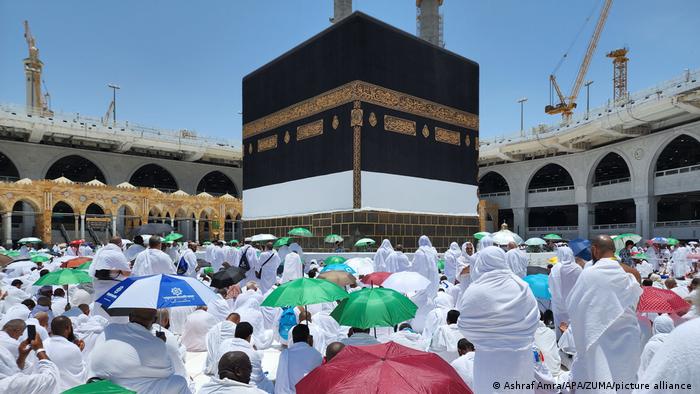

As part of the process of self-purification and moral excellence, Muslims fast from dawn to sunset during the 9th month of the Islamic calendar. During Ramadan, ICA offers weekly Saturday Iftars and daily taraweeh prayers with renowned sheikhs.



Muslims celebrate Eid ul-Fitr to celebrate the completion of the holy month of Ramadan. Eid ul-Adha serves to honor the willingness of Ibrahim to sacrifice his son Ismail as an act of obedience to Allah’s command. To celebrate this day and faithful act, Muslims slaughter sheep, goats, cattle, etc. and share the meat with friends, families and the poor. ICA holds two annual festivals on the first day of each Eid to bring the community together to celebrate the blessed holidays. Eid Festivals include various food trucks, inflatables and other games for kids, and a breakfast. All details for Eid celebrations will be found on our Instagram & Facebook.

Joining our community means becoming part of a family that celebrates diversity and encourages open dialogue.